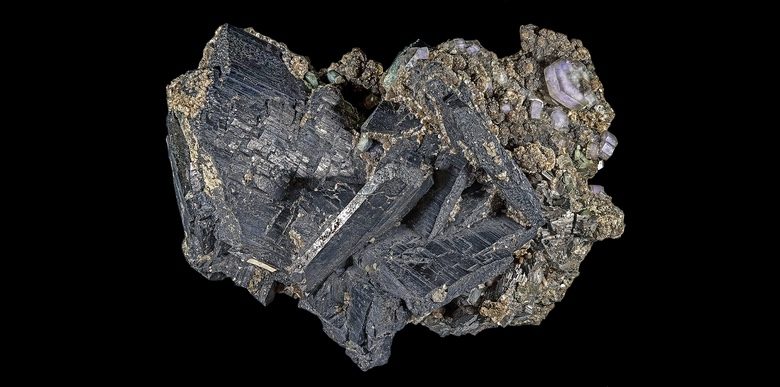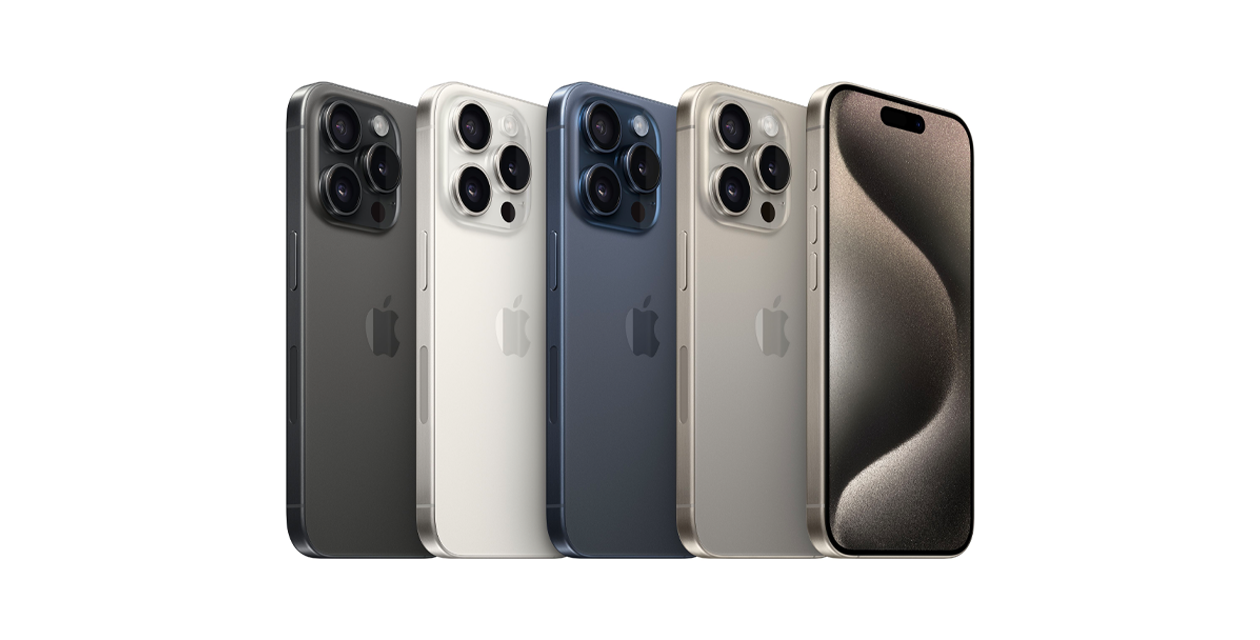Apple details efforts to squash minerals that pay for wars
By Ed Hardy •

Photo: Wikipedia
Apple had third parties audit all its mineral suppliers to be sure none are using their profits to support armed conflicts. Last year, there were five companies who refused the audits and all were dropped from Apple’s list of suppliers.
The iPhone maker regularly tests to be sure the materials that make its computers and accessories are sourced responsibly.
Conflict resources are materials that are mined and the profits used to finance armed insurrections, most frequently in central Africa. Four of the most common conflict minerals are gold, coltan, cassiterite and wolframite.
Apple’s 2018 Conflict Minerals Report
“Apple works to safeguard the well-being of people involved in its supply chain and to protect the places where materials are sourced,” reads Apple’s most recent Conflict Minerals Report. “Through its strict supplier standards Apple commits to use minerals in its products that do not directly or indirectly finance armed conflict or benefit armed groups.”
The company has these audits conducts on suppliers of gold, columbite-tantalite (coltan), cassiterite, wolframite or their derivatives, including tantalum, tin and tungsten (3TG).
“In 2018, Apple directed its suppliers to remove from its supply chain five smelters and refineries not willing to participate in, or complete, a third-party audit or that did not otherwise meet Apple’s requirements on the responsible sourcing of materials,“ said the company. It found no evidence that the remaining 253 smelters and refiners obtained 3TG that directly or indirectly financed or benefited armed groups.
This is the fourth year in a row that Apple has used this method to make sure none of its suppliers use conflict minerals.






Recent Comments